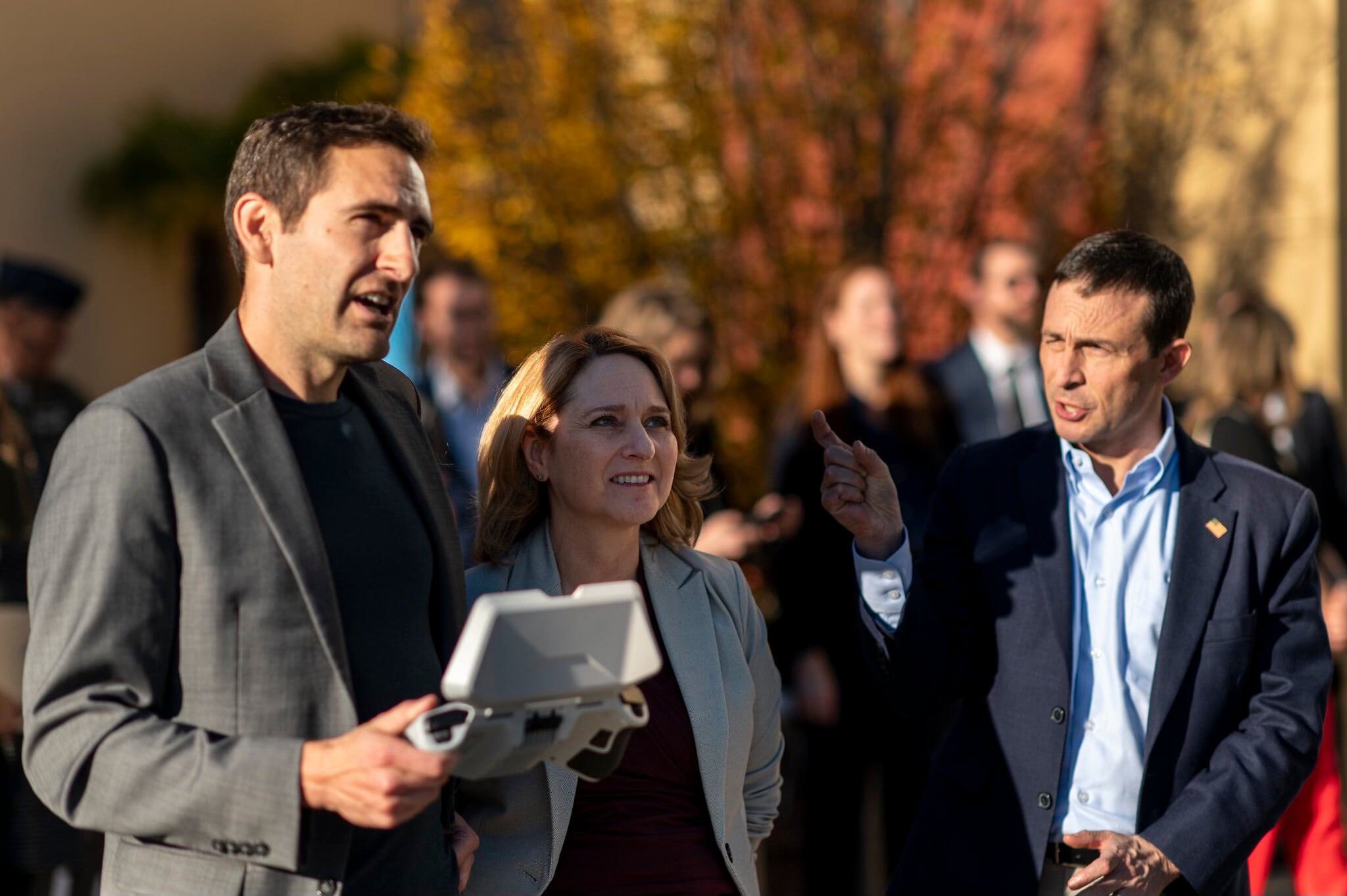The Department of Homeland Security is beefing up a free online learning tool aimed at helping government IT professionals build up their cyber skills.
The Federal Virtual Training Environment (FedVTE) has added a number of new introductory courses, along with coursework related to cyber investigations.
“We are constantly surveying the landscape and looking for new trends and technologies, in order to identify new coursework,” said Noel Kyle, program manager in the Cybersecurity Education and Awareness Branch of DHS.
DHS launched the online training program a decade ago and gave it a facelift in 2015, moving it from State Department servers onto OPM servers and expanding the program to include not just federal but also state, local and tribal employees and veterans.
Since then the system has served up some 385,000 courses and now reports over 180,000 users including 25,000 veterans.
This summer, organizers moved to expand their offerings. They added a number of starter classes including introduction to coding, introduction to reverse engineering and introduction to critical infrastructure.
Other new courses address a growing industry interest in criminal aspects of cybersecurity, tackling such topics as mobile-device forensics and cyber investigation. Analysts see big job demand around digital forensics, driven by the increasing complexity of cybercrimes, coupled with the rise of highly specialized tools for tracing the origins of cyber-attacks.
Civilian and military users from the Defense Department make up a large percentage of the user base, and veterans are among the fastest-growing segment of participants, but IT professionals from across the civilian agencies also take courses.
“They may be motivated by the news about cyber threats, but more so they are motivated by seeing how many jobs and careers may potentially be available if they can increase their knowledge,” said Daniel Stein, branch chief, Cybersecurity Education and Awareness.
Available via desktop or mobile device, FedVTE offers more than 60 courses including beginner courses as well as training for professional certifications exams such as Security+, Certified Ethical Hacker and Certified Information Security Systems Professional.
“Maybe they are just learning about cybersecurity, they just need to understand the language that we use,” Kyle said. “Then there are much more advanced courses for technical people looking to refine their skills. We have some introductory courses that might take an hour, up to courses that can take 20 to 30 hours.”
All FedVTE courses align with the NICE Cybersecurity Workforce Framework, a common system used to classify cyber jobs in government.







